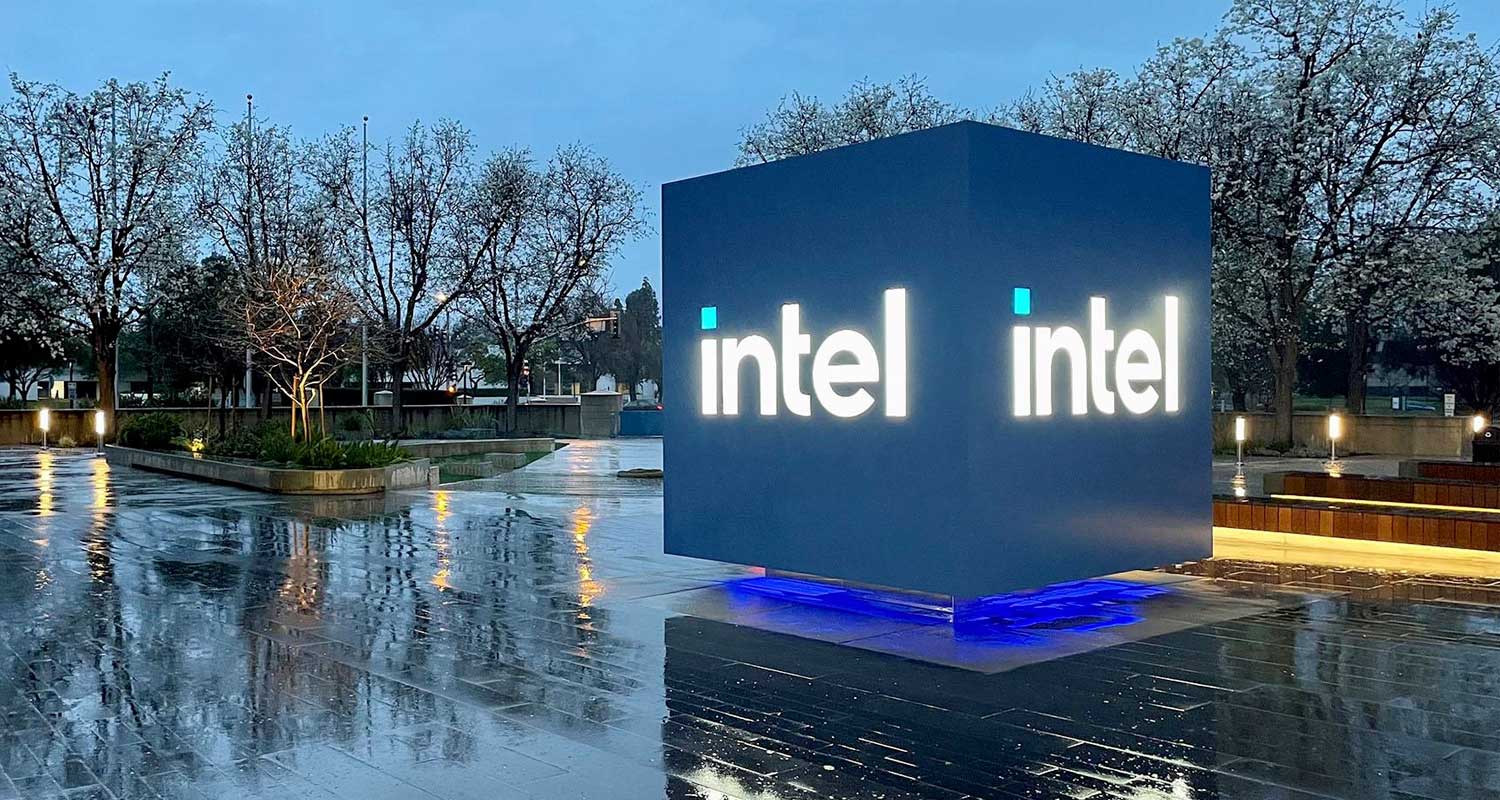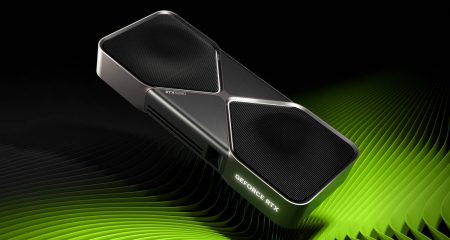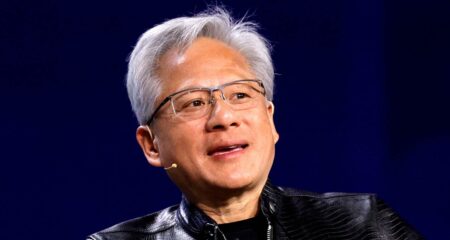 Intel has agreed to sell a 51% stake in its Altera programmable chip business to buyout firm Silver Lake for US$4.5-billion, in the first major move by new CEO Lip-Bu Tan to revive the struggling American chip maker.
Intel has agreed to sell a 51% stake in its Altera programmable chip business to buyout firm Silver Lake for US$4.5-billion, in the first major move by new CEO Lip-Bu Tan to revive the struggling American chip maker.
Monday’s deal values Altera at just $8.75-billion compared to the nearly $17-billion Intel paid in 2015, but the sale will provide the company much-needed cash after hefty bets on contract manufacturing by former CEO Pat Gelsinger strained its finances.
Shedding assets, including Intel’s stake in Altera, is at the centre of Tan’s strategy to streamline the chip maker after predecessors failed to diversify beyond its mainstay PC and server chip business for years.
The leadership missteps have left Intel struggling to gain a footing in the AI industry dominated by Nvidia, while rival AMD threatens its stronghold of the CPU market.
“Today’s announcement reflects our commitment to sharpening our focus, lowering our expense structure and strengthening our balance sheet,” said Tan, who took the helm after Gelsinger’s ouster in December. Intel shares were up 2.8% in afternoon trading.
Since last year, Intel has taken steps to spin out Altera, which makes programmable chips that can be used for various purposes in industries ranging from telecommunications to the military.
The deal is expected to close in the second half of 2025, after which Intel expects to deconsolidate Altera’s financial results from its own.
Costly transition
Raghib Hussain, a former executive at custom AI chip maker Marvell, will succeed Sandra Rivera as Altera CEO from 5 May. Altera posted revenue of $1.54-billion in 2024, a mere 3% of Intel’s total sales, and an operating loss of $615-million.
After acquiring the company, Intel had planned to shift Altera’s chip production in-house from Taiwan’s TSMC, which was beginning to pull ahead. But the long and costly transition eroded Altera’s market share, allowing rival Xilinx, which was later bought by AMD, to gain ground.
Read: New Intel CEO tells clients: ‘Be brutally honest with us’
“The divestiture of Altera is at a market downcycle and at the bottom of Altera’s sales performance. It is not the best time to sell Altera’s stake,” said Hendi Susanto, a portfolio manager at Gabelli Funds which holds Intel shares.

“Some investors may see the transaction more positively in terms of Intel strengthening its focus on its core businesses.”
Bob O’Donnell, chief analyst at Technalysis Research, said he expects to see Intel divest more assets. Self-driving tech firm Mobileye Global, in which Intel holds a majority stake, is considered to be among its “non-core” assets.
Chief financial officer David Zinsner had indicated at a conference in December that Intel could sell some of its position in Mobileye over time, saying the chip maker could “use the cash”. — Zaheer Kachwala and Arsheeya Bajwa, (c) 2025 Reuters
Get breaking news from TechCentral on WhatsApp. Sign up here.
Don’t miss:
New Intel CEO plots overhaul of manufacturing and AI operations




